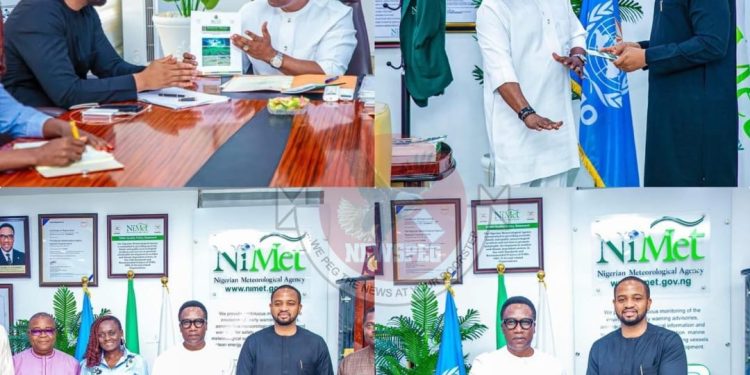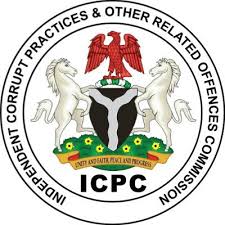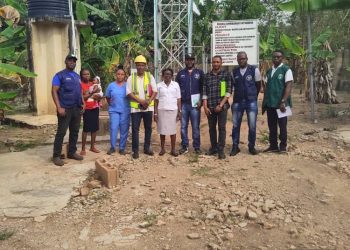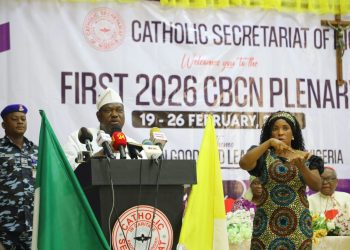By Nkechi Eze
In a significant move aimed at strengthening regional resilience to climate-related disasters, the Director General and Chief Executive Officer of the Nigerian Meteorological Agency (NiMet), Professor Charles Anosike, today, 25th July 2025, hosted the Managing Director of the South-East Development Commission (SEDC), Mr. Mark Okoye, at the Agency’s headquarters. The visit, which centered on discussions around climate resilience and sustainable development, culminated in a mutual agreement to establish a strategic institutional partnership.
During the high-level engagement, Mr. Okoye reaffirmed the commitment of President Bola Ahmed Tinubu, GCFR, to inclusive regional development, highlighting the creation of the South-East Development Commission as a strategic instrument to coordinate efforts aimed at reconstruction, rehabilitation, and infrastructure improvement across the South-East states. He emphasized the Commission’s desire to confront ecological and developmental challenges in the region by working collaboratively with relevant federal institutions like NiMet.
“The SEDC is focused on de-risking key economic sectors and ensuring that development projects and intervention programs in the region are both sustainable and resilient to the growing threats of climate change,” Okoye stated. He noted that the Commission was keen on identifying actionable pathways for collaboration with NiMet, particularly in areas that enhance adaptive capacity and reduce climate vulnerabilities.
In his remarks, Professor Anosike commended the initiative of the South-East Development Commission and assured the MD of NiMet’s readiness to support the Commission’s climate-related initiatives. He recalled NiMet’s previous collaborative work with the North-East Development Commission in providing weather and climate early warning services, and expressed confidence that such successful models can be replicated in the South-East.
According to the NiMet boss, the Agency possesses evidence-based and scientifically validated tools to tackle climatic threats such as flash floods, soil erosion, heavy rainfall, and other hazards associated with extreme weather events in the South-East. He stressed the importance of identifying regional vulnerabilities and tailoring mitigation strategies that promote community resilience and safeguard livelihoods.
Prof. Anosike added that one of the immediate entry points for collaboration is the Downscaling of the Seasonal Climate Prediction, a service which he explained, has the potential to drive climate-smart agriculture among farmers and support the food systems security initiative of the Federal Government.
He also highlighted the necessity of capacity development through community-level sensitization and advocacy. “By enhancing climate information access and understanding among local communities, we enable them to make informed decisions that protect their livelihoods and support sustainable development,” Anosike said.
The engagement concluded with a strong consensus between the two federal institutions to pursue a formal Memorandum of Understanding (MoU) to facilitate their shared objectives. Both leaders expressed commitment to supporting each other in public-private partnerships and development-oriented initiatives, as part of a broader federal strategy to promote climate-resilient growth across the nation.















